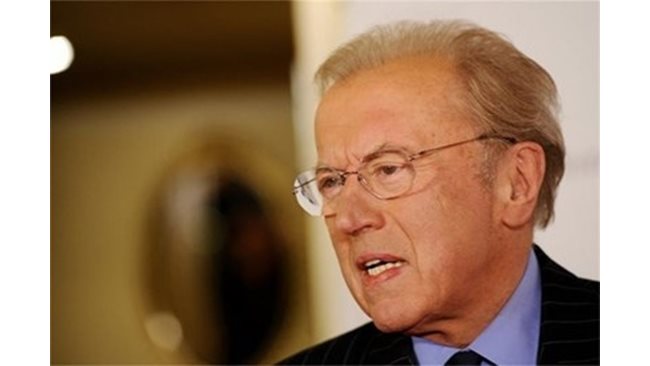The German equestrian sports umbrella organization FN makes a vaccination against rhinopneumonia mandatory as of 2023. That is what the FN advisory board has decided. To prevent that there is not enough vaccine, the FN has decided that the obligation will only come into effect on January 1, 2023 and not already in 2022.
–“As a result of the rhinopneumonia outbreak at CSI Valencia, a total of 18 horses from different countries died in the spring of 2021. The call for the introduction of mandatory vaccination against rhino (EHV-1) was loud. The Sports Advisory Council discussed the pros and cons of mandatory vaccination and concluded that the benefits outweigh the drawbacks.”
Advantages dominate
FN vet Dr Enrica Zumnorde-Mertens about this: “The main goal of vaccination is to reduce the spread of viruses in a population. However, vaccination cannot protect the individual horse against infection and disease. It is also less effective when vaccinated and unvaccinated horses are kept together. However, it is particularly useful if all horses in an entire population are vaccinated, as this reduces the amount of viruses shed as vaccinated horses shed fewer viruses. When there are fewer viruses circulating, the risk of disease transmission decreases. With any vaccination, of course, there is the risk of side effects from the vaccination. Yet the benefits of vaccination against EHV-1 predominate.”
Three vaccines
According to information from the FN, vaccines from three manufacturers are currently on the market. “All three vaccines work against EHV-1, which can cause febrile illness of the upper respiratory tract. In rarer cases, the neurological course occurs, as well as abortions in broodmares or the birth of foals that are very weak. All manufacturers have indicated that they can meet the expected need for vaccines.”
transition year
“However, there is always a certain risk of vaccine shortages due to production bottlenecks, as we have also seen with the corona vaccine. Therefore, the year 2022 is used as a transition year to guarantee sufficient lead time. In this way, on the one hand, sufficient vaccine can be produced, on the other hand, all competition riders have the opportunity to have their competition horses vaccinated well in advance. After the primary vaccination course has been carried out at certain intervals, biannual booster vaccinations analogous to the flu vaccination are required.”
Source: FN


